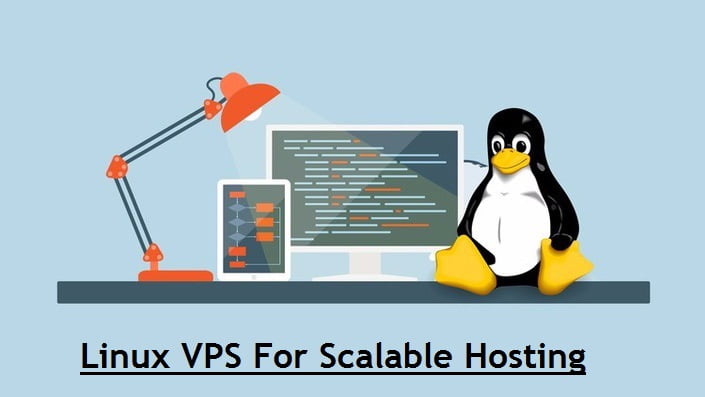Is your Linux VPS running slow? Fear not, dear readers, for yours is a common problem, and therefore, easily fixed. There are several easy, practical and yet largely advantageous things that you can do to help improve the performance of your VPS host.
Linux VPS: Getting The Most From Your Host

Optimize, Optimize, Optimize:
One of the best ways to boost performance is through website optimization. If your website is not regularly optimized, you are undoubtedly losing precious speed and performance. Make sure to have any pictures, scripts, and content on your website optimized, as this will tremendously help the performance of your VPS host. Additionally, optimization has the added bonus of drawing more viewers to your page.
MySQL: Configure It To Meet Your Needs:
Installing MySQL cache that is the right size for your needs will greatly help to expand the available RAM that is available to your host, thus boosting performance and speed. If your MySQL is using too much memory, than decreasing the cache sizes on your webpage will help boost performance and speed by reducing memory usage. Conversely, if your MySQL is being bogged down with large amounts of requests on small cache sizes, increasing the cache sizes will help to take a lot of the weight off your server, thus improving its performance abilities. Making sure to configure MySQL to fit your needs is necessary to help keep performance and speed at desired levels.
Make Sure To Disable Your Control Panels:
One of the biggest inhibitors for any host is unnecessary control panels and functions. Many people who have VPS hosts like to use control panels like cPanel, however, software like this takes up a large amount of ram (sometimes over 100MB). Having such software enabled may feel good but if you are not using it, the software is a major waste of RAM. Partially or completely disabling control panel software until it is truly needed can be a big help in boosting the performance of your Linux VPS system. You do not have to delete the software just disable it. In most cases, the software can be re-installed or configured with the help of a small script or shell prompt.
Have All Unused Linux VPS Features Disabled:
The Linux VPS has quite a few features available to it. Such features are often times enabled by default even if you do not use them. Having a bunch of features you do not use running uses precious RAM and can significantly increase the CPU time of your system. Removing any plug-ins and modules that you are not using can free up enough RAM to increase VPS performance, decrease CPU time, protect your system from remote attacks and free up valuable space for software such as MySQL.
Consult A System Administrator or Consultant:
Sometimes the best way to improve the performance of your Linux VPS system is to allow a professional, talented technical consultant or system administrator to do the work for you. They can help you configure systems like Apache that may be using a lot of your RAM to start with. A system administrator can look at your system and with the space of a few hours identify what systems are inhibiting the performance and speed desired as well as fixed the problems that they find. Most times a technician can diagnose and repair problems before customers are reading about it.







Leave a Comment
You must be logged in to post a comment.